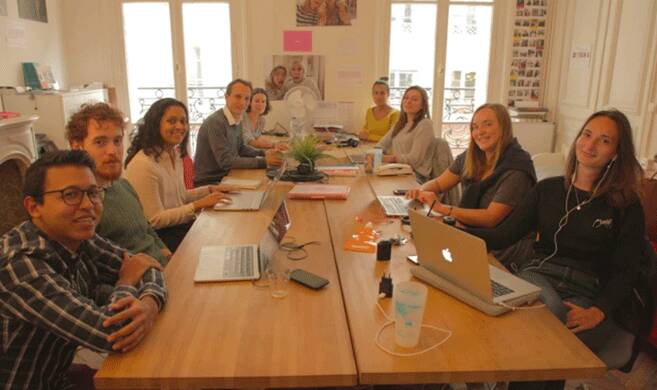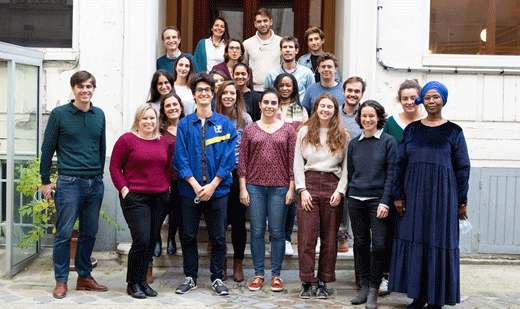Alenvi was founded by HEC graduates Guillaume Desnoës, Thibault de Saint Blancard and Clément Saint Olive in Paris in 2016. The company’s purpose is to humanize and professionalize the in-home elder case sector in France. Alenvi has embarked upon its mission by improving the quality of working environment of the caregivers who have a direct impact on the quality of care of the elderly recipients.
In France, the elder caregivers’ roles are not valued as reflected by their low wages, lack of vocational training and career advancement. These jobs are staffed with people who are most often not properly trained, underpaid, with a management structure that disempowers and even demotivates them. Alenvi proposes to humanize and professionalize elder-care by emphasizing the role of the caregiver by ensuring a viable salary, continuous on-the-job training as well as autonomy to form self-managed teams. The company also aimed to reduce the cost of care for the elders, especially for those who could not afford to pay full price.
why this case?
Today, many companies claim that they are ‘purpose driven.’ The quest for purpose can be a fluffy concept based on management ideals to be a force of good to all stakeholders in the company as well as the greater community. However, the reality is different; a reality based on profit maximization principles.
The case analyzes Alenvi, that truly seems to walk-the-purpose-talk. The company’s purpose transpires throughout its entire value chain: from their management model to the way they share profits. The case also analyzes the profit and loss statements of the company and concludes that Alenvi’s purpose is omnipresent in the business model right down to its financial statements.
Through this financial analysis, the concept of purpose has much more gravitas.The company founders said that the importance of their model of caring for the elderly by reconciling the human factor with financial profitability is unwavering. Today, in the elder case sector, the reconciliation between humane care and profitability is critical.










